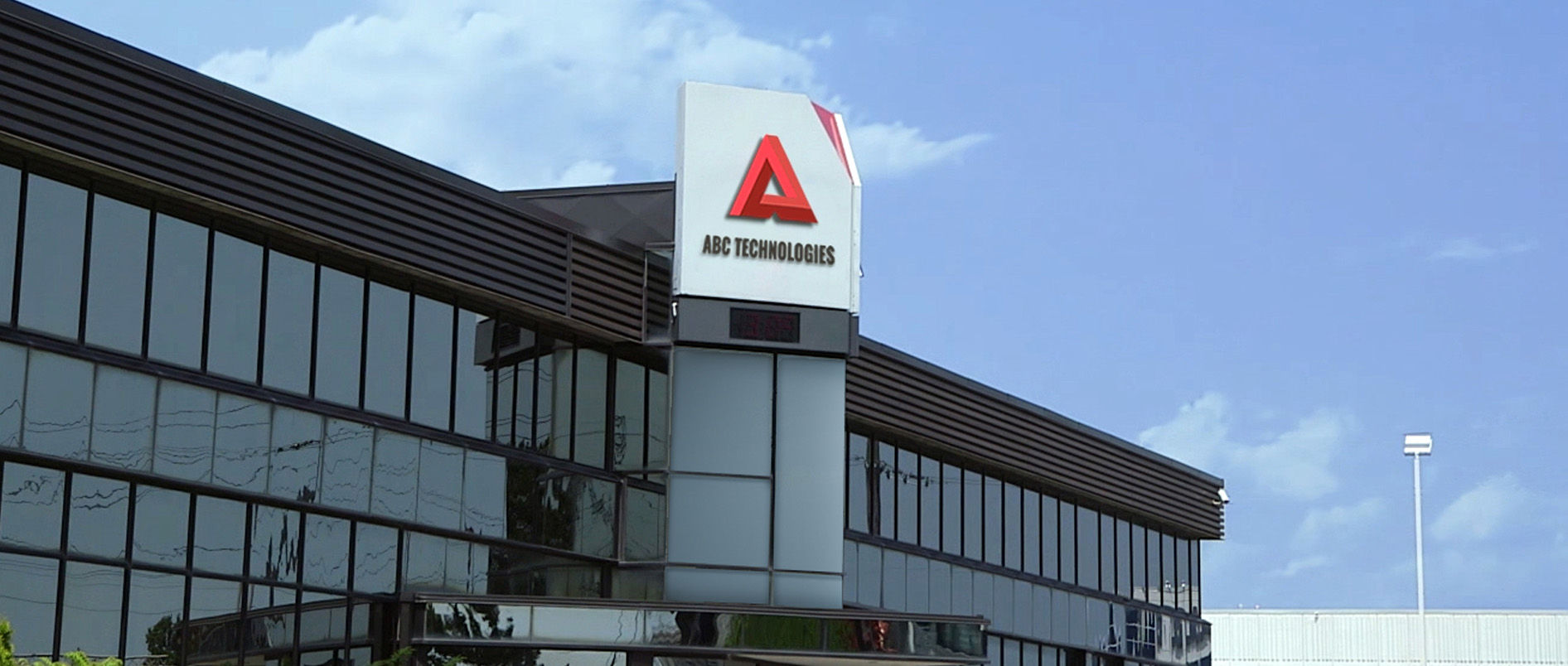A coalition of major Canadian news organisations has launched a landmark legal action against OpenAI, alleging systematic copyright breaches in the training of its ChatGPT artificial intelligence system.
Five prominent Canadian media companies, including the Globe and Mail, Toronto Star, and Canadian Broadcasting Corporation (CBC), filed an 84-page lawsuit in the Ontario Superior Court of Justice on Friday, seeking potentially billions of dollars in damages.
The news organisations claim OpenAI has systematically scraped their content without permission or compensation. "OpenAI regularly breaches copyright and online terms of use by scraping large swathes of content from Canadian media to help develop its products, such as ChatGPT," the companies stated in a joint statement.
The lawsuit demands C$20,000 per article allegedly used illegally, along with a share of profits and an injunction preventing future unauthorised use of their content. Paul Deegan, president of News Media Canada, characterised the action as fighting against companies that are "strip-mining journalism" and "free-riding on the backs of news publishers who invest real money to employ real journalists who produce real stories for real people".
OpenAI has defended its practices, with a spokesperson stating that its models are "trained on publicly available data, grounded in fair use and related international copyright principles that are fair for creators and support innovation".
This legal challenge mirrors similar actions in the United States, including a lawsuit by The New York Times against OpenAI and Microsoft. The Canadian case focuses specifically on the training of AI models and does not include Microsoft as a defendant.
The lawsuit comes amid growing tension between media organisations and artificial intelligence companies over the use of copyrighted content. OpenAI, recently valued at C$157 billion, has already established licensing agreements with some media organisations, including the Associated Press and NewsCorp.
Sana Halwani, a partner at the law firm representing the media organisations, emphasised the core of their legal challenge: "We believe we have a strong case related to the training of the models. The training of the models is the core of the problem."
None of the claims have been tested in court, but the lawsuit represents a significant escalation in the ongoing debate about intellectual property rights in the age of artificial intelligence.
Latest News
-
MedTech data should represent entire population when training AI, says Department of Health director
-
ICO launches investigation into X’s Grok after reports of harmful sexualised imagery
-
OpenAI seeks chip alternatives as Nvidia's $100bn investment stalls over performance concerns
-
SpaceX acquires xAI in $1.25tn merger ahead of planned stock market flotation
-
Starling Bank turns to software sales to fuel US expansion
-
Snapchat bans 415,000 under-16 accounts in Australia
The future-ready CFO: Driving strategic growth and innovation
This National Technology News webinar sponsored by Sage will explore how CFOs can leverage their unique blend of financial acumen, technological savvy, and strategic mindset to foster cross-functional collaboration and shape overall company direction. Attendees will gain insights into breaking down operational silos, aligning goals across departments like IT, operations, HR, and marketing, and utilising technology to enable real-time data sharing and visibility.
The corporate roadmap to payment excellence: Keeping pace with emerging trends to maximise growth opportunities
In today's rapidly evolving finance and accounting landscape, one of the biggest challenges organisations face is attracting and retaining top talent. As automation and AI revolutionise the profession, finance teams require new skillsets centred on analysis, collaboration, and strategic thinking to drive sustainable competitive advantage.
© 2019 Perspective Publishing Privacy & Cookies










Recent Stories